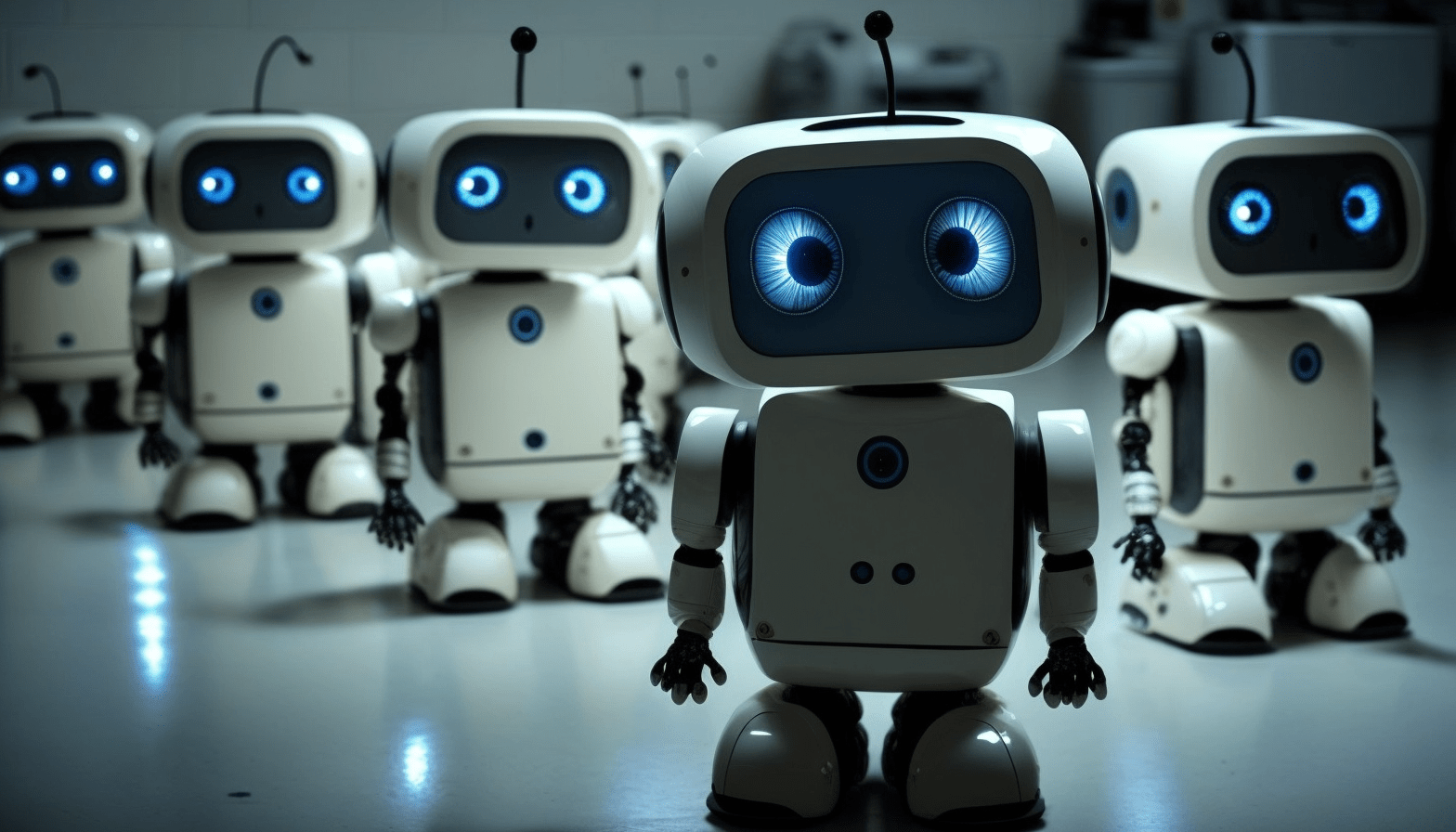10 Facts You Must Know About ChatGPT
ChatGPT is an AI language model that is created by OpenAI and it’s free to use. It has been trained on a large amount of data and has the ability to generate human-like responses to a wide range of queries. In this article, we will discuss 10 facts about ChatGPT that everyone should know.
1. What is ChatGPT?
“GPT” stands for “Generative Pre-trained Transformer” in ChatGPT. It’s an architecture that was developed by OpenAI to generate natural language text by predicting what comes next in a sequence of words. ChatGPT is based on the third version of this architecture, which has been trained on a massive dataset of over 45 terabytes of text data. It is trained on a vast amount of data and uses advanced natural language processing techniques to understand the context of the queries and generate relevant responses.
2. How does ChatGPT work?
ChatGPT works by analyzing the context of the queries and generating relevant responses based on the patterns it has learned from the training data. It uses a technique called deep learning to analyze the patterns and generate responses that are similar to what a human would say.
3. What is the purpose of ChatGPT?
The main purpose of ChatGPT is to provide a more efficient and natural way for people to interact with machines. It can be used for a wide range of applications, including customer service, education, and entertainment.
4. How accurate is ChatGPT?
ChatGPT’s accuracy is determined on the quality and quantity of data on which it is trained. However, in general, ChatGPT is highly accurate and can generate responses that are indistinguishable from those of a human.
5. Can ChatGPT be trained for specific tasks?
Yes, ChatGPT can be fine-tuned to perform specific tasks. This is done by providing it with a smaller dataset that is specific to the task, and then training it on that data. This allows ChatGPT to generate more accurate and relevant responses for the specific task.
6. How is ChatGPT different from other language models?
ChatGPT is different from other language models because it has been trained on a much larger dataset than most other models. This allows it to generate more accurate and relevant responses to a wider range of queries.
7. Who can benefit from using ChatGPT?
Anyone can benefit from using ChatGPT. It can be used for customer service, education, entertainment, creating content and many other applications. It is especially useful for businesses that want to provide a more natural and efficient way for their customers to interact with their products or services.
8. What are the limitations of ChatGPT?
While ChatGPT is highly accurate and versatile, it is not perfect. It can still generate irrelevant or incorrect responses in some cases, especially if the query is ambiguous or if the training data is not representative of the queries it is receiving.
9. What is the future of ChatGPT?
The future of ChatGPT is bright. As AI technology continues to evolve, ChatGPT is expected to become even more accurate and versatile. It is also expected to be used in a wider range of applications as businesses and individuals seek more efficient and natural ways to interact with machines.
10. How can I use ChatGPT?
You can use ChatGPT by accessing it through various platforms and applications that are built on top of it. Some of the most popular platforms that use ChatGPT include GPT-3 Playground, Hugging Face, and OpenAI’s own API.
In conclusion, ChatGPT is an advanced AI-powered language model that has the ability to generate human-like responses to a wide range of queries. It is highly accurate and versatile, and can be used for a wide range of applications. As AI technology continues to evolve, ChatGPT is expected to become even more advanced and capable, and we can’t wait to see what the future holds for this groundbreaking technology. Now that you know more about ChatGPT, you may be wondering how it could be used in your own life or business.
